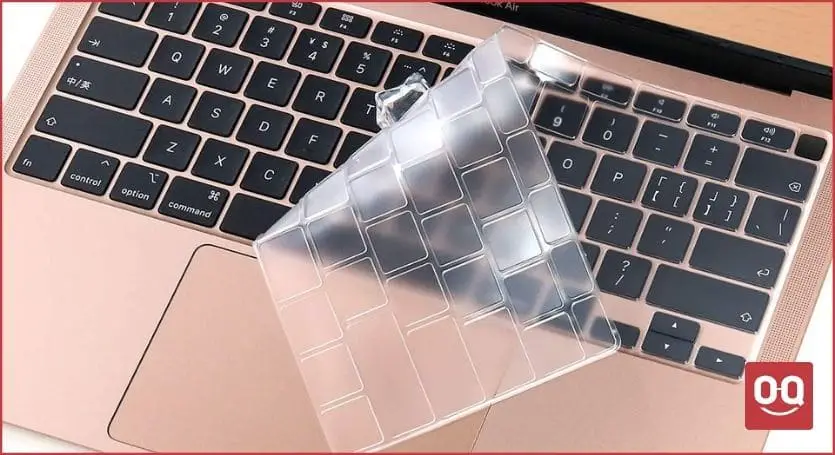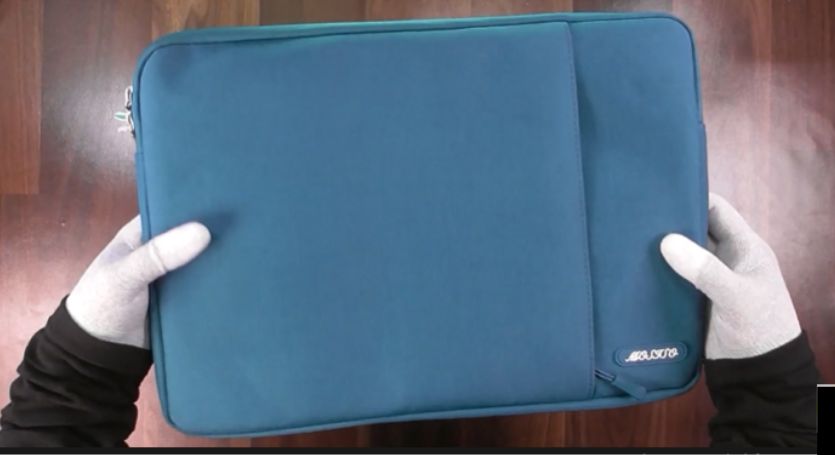Water resistance is becoming an increasingly important feature for many items, and rightfully so. Many of us have experienced the inconvenience of having our belongings ruined by water damage, whether it be from rain, spills, or accidents. Water resistance can give us the peace of mind to know that our belongings are safe from such disasters.
In recent years, flagship smartphones, smartwatches, cameras, and other devices have all begun to offer water resistance as a standard feature. Some smartphones are even advertised as “waterproof,” though this claim is often exaggerated.
However, your options are sadly limited if you’re looking for a waterproof laptop. Most laptops on the market today are not designed to withstand even a little bit of water, and as such, they are vulnerable to all sorts of damage if they’re exposed to even the most minor spill.
Now, you might be wondering, “Why aren’t laptops waterproof? It seems like such a simple fix.” And you wouldn’t be alone in that thinking. After all, if phone manufacturers can make their devices water resistant, why can’t laptop manufacturers do the same?
In this article, we’ll explore some of the reasons why laptops aren’t waterproof and what, if anything, you can do to protect your laptop from water damage.
While waterproofing a laptop may seem like a simple fix, there are several reasons why laptops aren’t waterproof.
First of all, laptops have a built-in air cooling system that requires proper air ventilation to keep the internal temperature low. If the laptop was waterproofed, the air vents would need to be sealed, preventing proper airflow and overheating the components.
Another reason has to do with the way laptops are constructed. Most laptops have a unibody design, meaning that the keyboard and trackpad are integrated into the laptop’s main body. Waterproofing the laptop would require sealing all openings, making the keyboard and trackpad unusable.
Also, laptops contain many delicate components that can be easily damaged by water. The hard drive, for example, is very sensitive to water, and even a small amount of moisture can cause it to fail. Water can also damage the LCD screen, keyboard, and other electronic components.
Finally, waterproofing a laptop would add a high cost to the overall price tag and make it more difficult to repair. For these reasons, laptop manufacturers have decided not to make their laptops waterproof.
Will laptops ever be waterproof?
There is a lot of engineering involved in making a laptop waterproof. The materials used to make the laptop need to be water resistant, and the seals around the openings need to be tight in order to keep water out.
Waterproofing a laptop is possible, but it is not something that is commonly done. But after all, our phones are waterproof, so it’s not out of the realm of possibility that one day our laptops will be too. Perhaps in the future, we’ll see more laptops that are designed to be used in wet environments or even submerged in water.
However, still, for now, we deserve laptops that can at least withstand a little spill so that we can enjoy our morning cup of coffee while we work. Until then, we’ll just have to keep our laptops away from any liquids.
How to make a laptop waterproof?
Although laptops are not commonly waterproof, you do a few things to make your laptop survive a spill.
1. Invest in a water-resistant case
Most laptop users, including me, don’t prefer using any type of case because it makes the laptop thicker and heavier. But if you are someone who is always on the go and find yourself around liquids often, it’s a good idea to invest in a water-resistant laptop case for your laptop.
However still, even with a case, you should not expect your laptop to withstand being submerged in water. The case will protect your laptop from a spill, but it’s not meant to keep water out completely.
2. Use a waterproof keyboard cover

The keyboard of a laptop is probably the most vulnerable part to spills. Water can easily seep through the gaps between the keys and damage your laptop’s internals.
To protect your keyboard, you can use a waterproof keyboard cover. These covers are usually made of silicone and fit snugly over your laptop’s keys. They will protect your keyboard from spills, but they may make it a little more difficult to type.
3. Get a waterproof laptop sleeve

Laptop sleeves are a great way to protect your laptop from the elements. They are usually made of neoprene or some other type of water-resistant material.
Most laptop sleeves will also have a waterproof zipper so that you can keep water out even if your sleeve gets wet. You can find laptop sleeves for pretty cheap, so they are definitely worth considering if you want to protect your laptop from spills.
Conclusion
Laptops have become an essential tool for many people but are not waterproof. While some laptops may be able to withstand a small amount of water, it is generally not recommended to use them in wet conditions.
Well, there are a few reasons why laptops are not waterproof, and in this article, I have tried to list some of the most important ones. Also, I have shared a few tips on how you can protect your laptop from water damage.
Hopefully, this article has helped you understand a bit more about why laptops are not waterproof and how you can protect your own device from water damage.
Thank you for reading!






